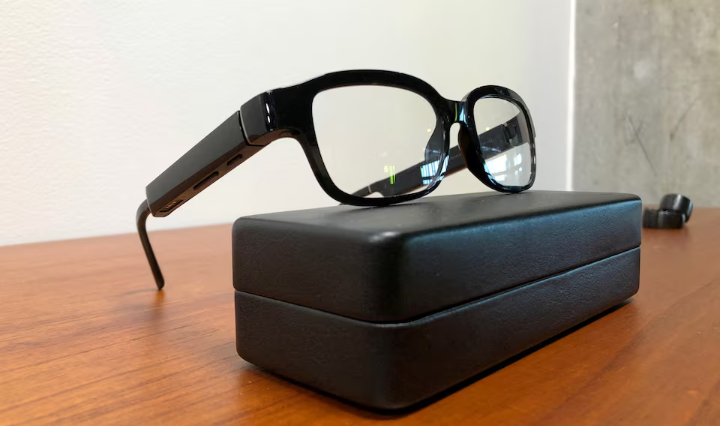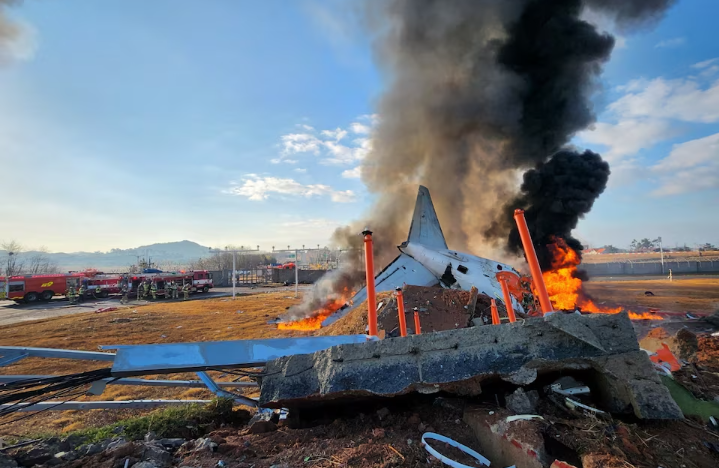Amazon is testing smart glasses, internally code-named "Amelia," designed to assist delivery drivers in the final phase of their routes. By providing real-time, turn-by-turn navigation via a small embedded screen, these glasses could help drivers navigate buildings, elevators, and even obstacles like gates or pets, shaving seconds off each stop. This time-saving could be substantial, as Amazon delivers millions of packages daily.
The glasses would also reduce the need for handheld GPS devices, allowing drivers to carry more packages and potentially handle more stops per shift. However, the project faces numerous technical and logistical challenges, such as developing a battery that lasts a full eight-hour shift without making the glasses heavy or uncomfortable. Additionally, mapping the precise details of every driveway, street, and doorstep could take years, and Amazon must convince its delivery partners—many of whom are independent contractors—to adopt the technology, especially if they already wear corrective lenses.
Amazon has been striving to build an independent, streamlined delivery network to reduce shipping costs, which recently rose by 8% to $23.5 billion. The company’s "last mile" logistics costs, covering neighborhood navigation and additional couriers, make up a significant portion of total delivery expenses. To address this, Amazon has introduced innovations like ceiling-mounted scanners in delivery vans to spotlight the correct package for each stop.
While these smart glasses have the potential to improve efficiency and reduce costs, Amazon acknowledges that the technology is still in early development. Initial trials of similar consumer smart glasses, Echo Frames, have seen low sales, and some sources speculate that the delivery glasses might be delayed or scrapped altogether if they prove unviable. Amazon has indicated it remains committed to exploring new technologies to support a safer, more efficient delivery experience, even if it means further trial phases for this cutting-edge tool.





